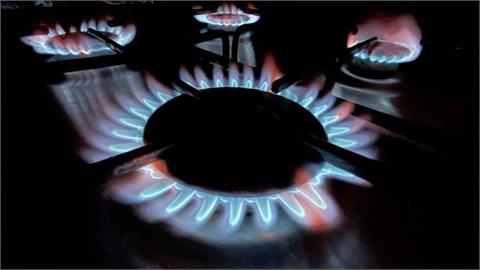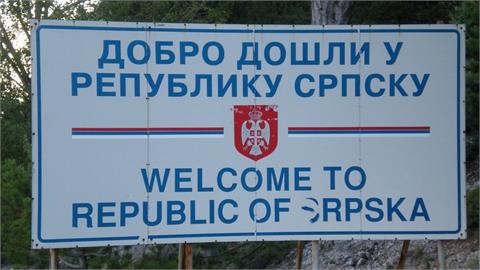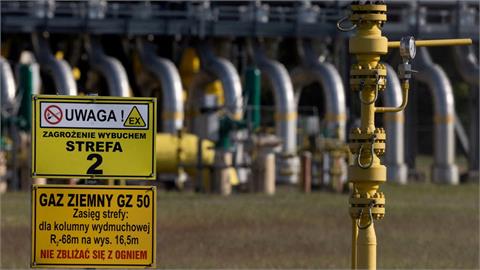While BP was unveiling its strategy to reinvent itself from an international oil company to an integrated energy company in London last year, thousands of miles away Russian giant Rosneft—in which the UK supermajor holds 20 percent—was preparing to launch an ambitious multi-billion-dollar onshore oil project in Russia’s Arctic.
BP’s target to become a net-zero business by 2050 or sooner includes reduction of oil and gas production by 40 percent by 2030. Within a decade, the company aims to have boosted its low carbon investment tenfold to around $5 billion a year.
BP’s oil business and emission reduction targets, however, do not include its 19.75 percent interest in Rosneft—the second-largest shareholding in the Russian oil giant behind the 40.4-percent stake of a government-owned entity.
At first glance, BP’s ambitions of ‘greening’, as CEO Bernard Looney puts it, are a glaring contradiction to holding a fifth of an oil company that has just launched a massive project in the Arctic.
The stock market hasn’t rewarded BP’s net-zero ambitions since the new strategy was announced last year. On the contrary—BP’s shares have dipped. Environment-conscious investors are not convinced that BP will make good on its promise, especially considering the Rosneft stake, while the investors who still believe in the returns of the oil business don’t see equal returns from low-carbon businesses soon.
"The Big Russian Elephant In The Room”
Analysts and environmental groups have said in recent months that a stake in Rosneft is incompatible with BP’s message of transitioning to lower-carbon energy.
BP’s net-zero strategy has earned a rare praise from Greenpeace, which said that "All in all this is a credible and encouraging start from BP.” The environmental group, however, noted that "The big Russian elephant in the room is Rosneft.”
"BP must go further, and needs to account for or ditch its share in Russian oil company, Rosneft. But this is a necessary and encouraging start,” said Mel Evans, senior climate campaigner for Greenpeace UK.
Ditching Rosneft?
Ditching the Rosneft stake is so much easier said than done.
Even if BP were to consider it, which it does not, a sale of the stake in Rosneft—potentially forced by calls for cleaning up BP’s image—could come at a loss for the UK company, even if there were buyers willing to saddle themselves with a large acquisition in Russia in these uncertain times.
A sale "cannot possibly be the ideal timing to extract the best value from the Rosneft stake,” Irene Himona at Société Générale told The Times last month.
"I would be as concerned about the value destruction potential of a knee-jerk reaction of selling at a low point, during the Covid crisis, as with Rosneft’s emissions,” Himona added.
Rosneft announced in December climate goals to 2035, which include reducing emissions intensity in the upstream by 30 percent and zero routine flaring of associated petroleum gas.
While those ambitions are significantly weaker than BP’s goals, they are a start for Rosneft to show that even if it is doubling down on oil with the Vostok Oil mega project, it would be working to cut the emission intensity of its operations.
Oil Is BP’s Cash Engine For Renewables Growth
Since BP announced its new strategy, it has made clear—on many occasions—that it continues to consider its stake in the Russian oil giant as a strategic investment in resilient low-cost oil resources.
Rosneft actually fits one of the three pillars of BP’s strategy—resilient hydrocarbons, Looney said on the earnings call last week. Rosneft’s production cost per barrel is $3, compared to BP’s cost of about $6.70 a barrel, on its way to $6, the manager said.
Moreover, the greenhouse gas intensity per barrel of oil produced by Rosneft is below that of many of the majors, including BP, Looney noted.
Last but not least, Rosneft has generated $4 billion in dividends for BP since 2013. Last year alone, the UK supermajor received $400 million in dividends from Rosneft.
"So it’s a good financial investment,” Looney said.
BP’s top executive has said in recent months that it will be the performance of the oil business that will help transform BP. Oil and gas production is the cash engine that will contribute to funding the planned tenfold increase in low-carbon energy investments by 2030.
Oil and gas production, including the Rosneft investment, will generate the cash needed for BP’s growth in renewables, carbon capture, and hydrogen. That’s because low-carbon energy will not generate significant returns for at least another half a decade, BP says.
"We’re not expecting a ton of EBITDA from low carbon by 2025 either. This is really a longer wavelength business that starts to replace earnings from the historic hydrocarbon business in the late 2020s and early 2030s,” BP’s chief financial officer Murray Auchincloss said on the earnings call last week.
Commenting on the earnings, Nicholas Hyett, Equity Analyst at Hargreaves Lansdown, said:
"Investing in renewables will be expensive and in the short term will probably be a bit of a money pit.”
So BP has to perform as it transforms, and investors shouldn’t expect an overnight transition or massive divestments from low-cost, resilient, and well-performing assets, the cash generation from which could help fund that transition.
"There is not a switch here. People I think would like us to be able to switch off the hydrocarbons tonight and switch on our new business tomorrow,” Looney told the Argus Crude Live virtual conference last month. "The hydrocarbons fuel to transition. Without them, we cannot transition.”
(Oilprice.com, February 10, 2021)



